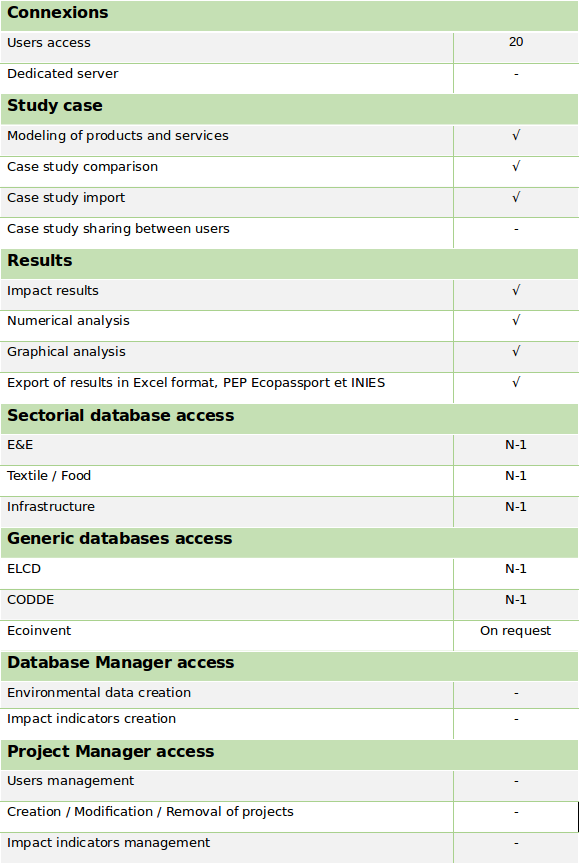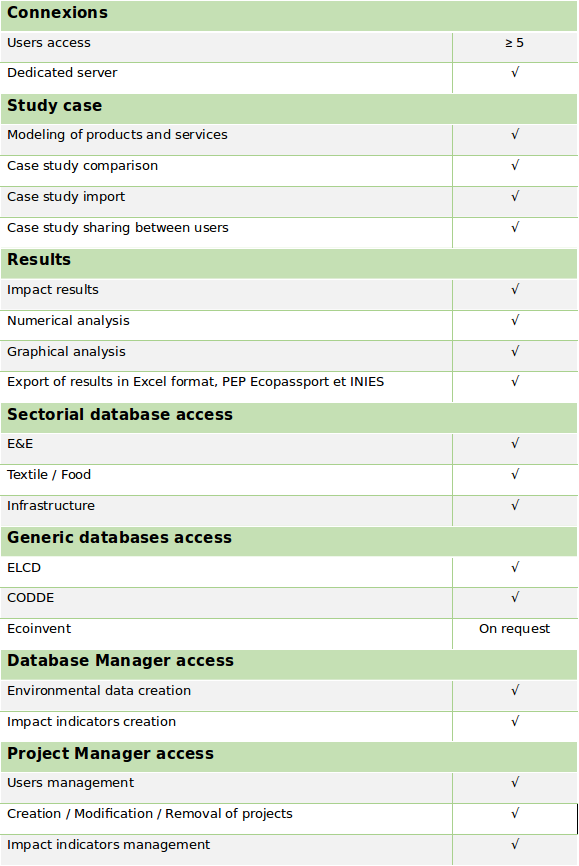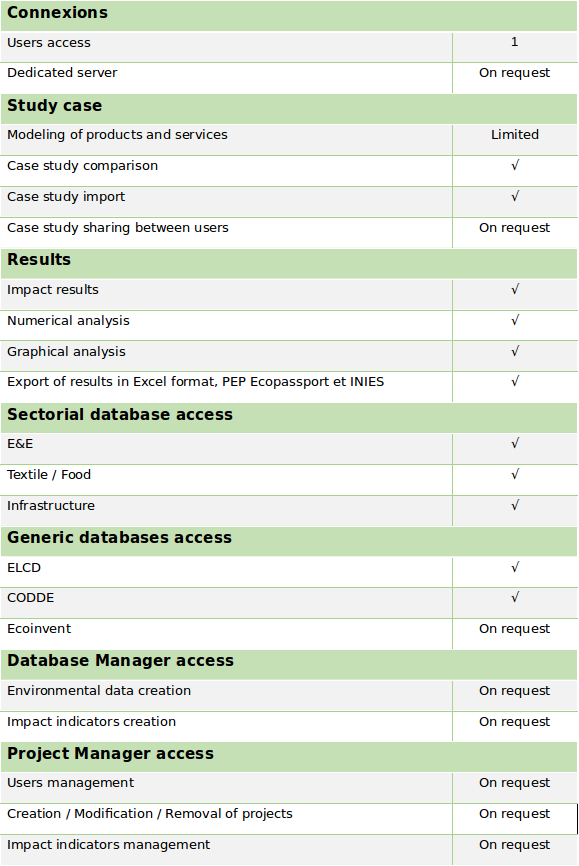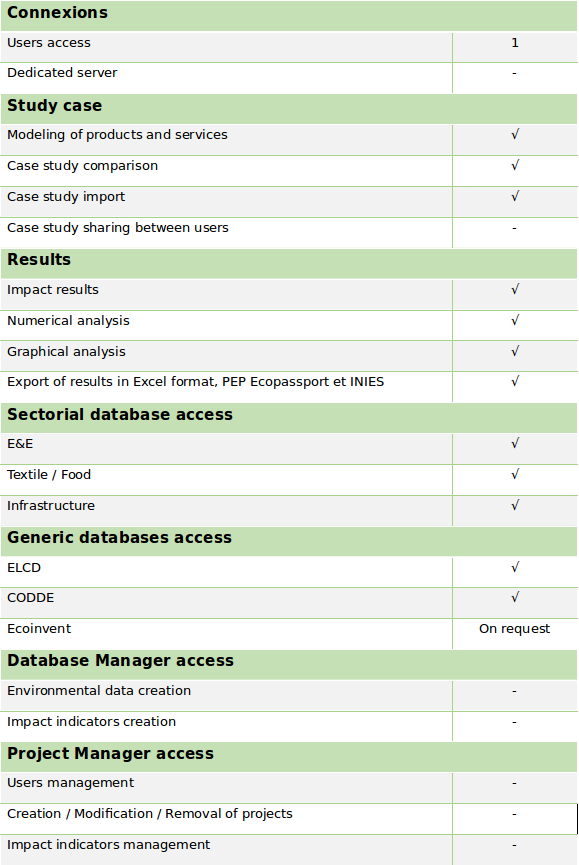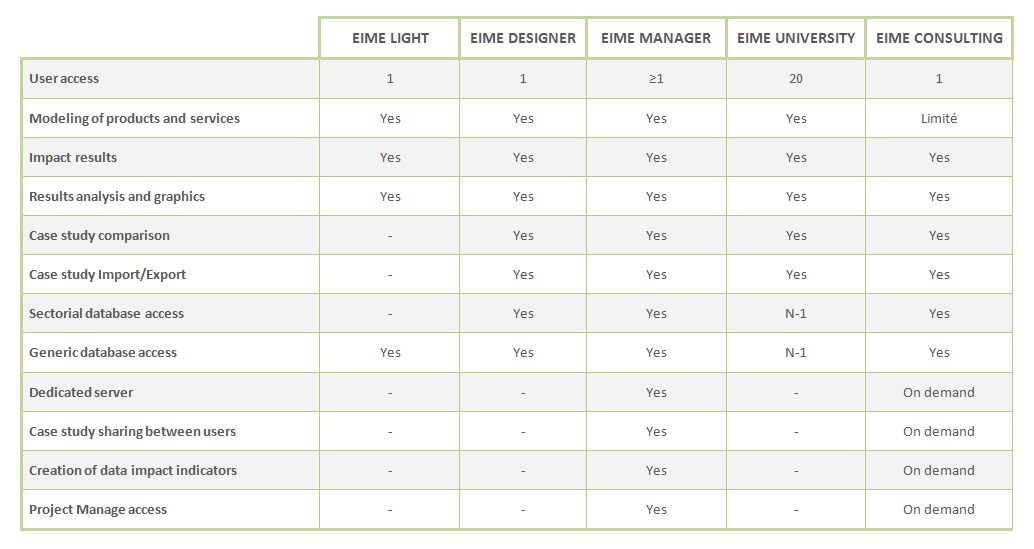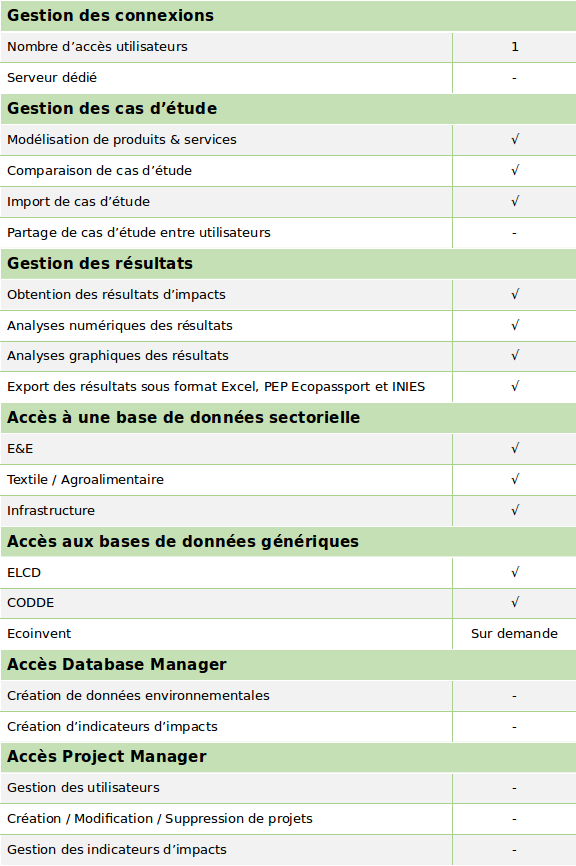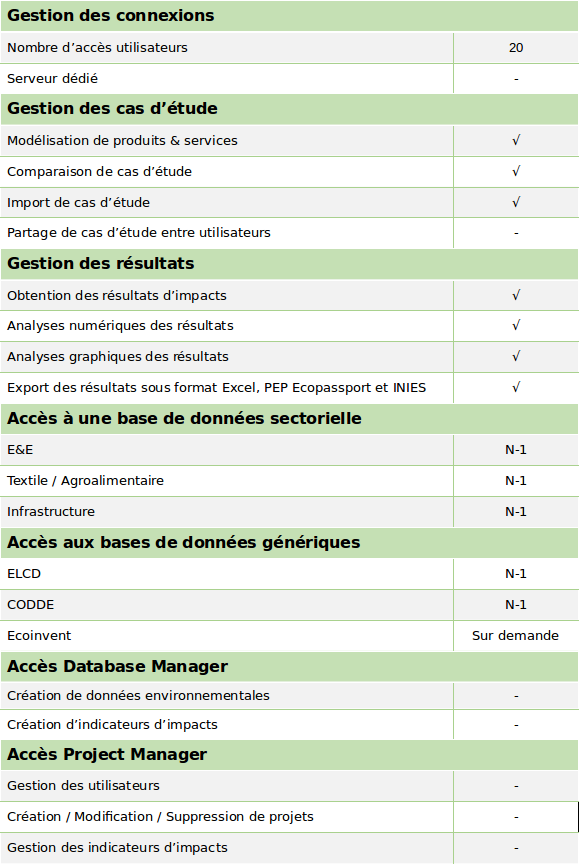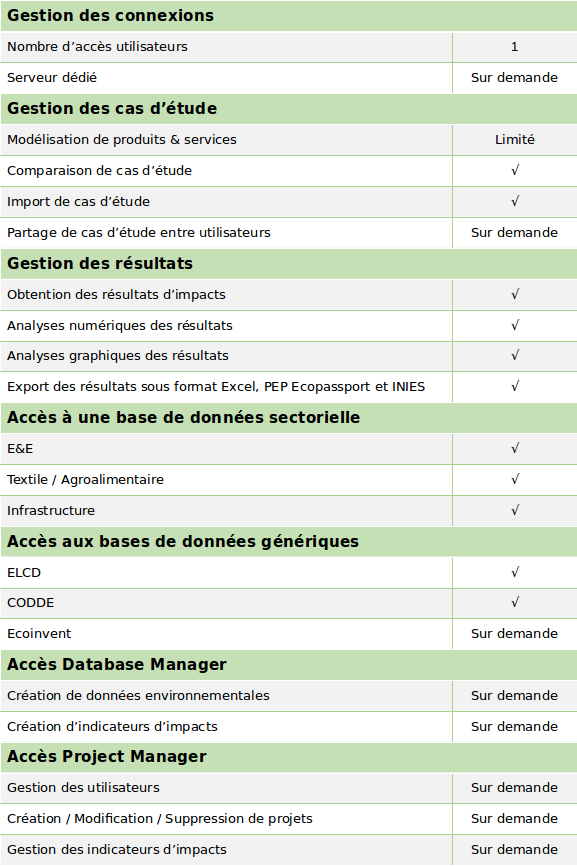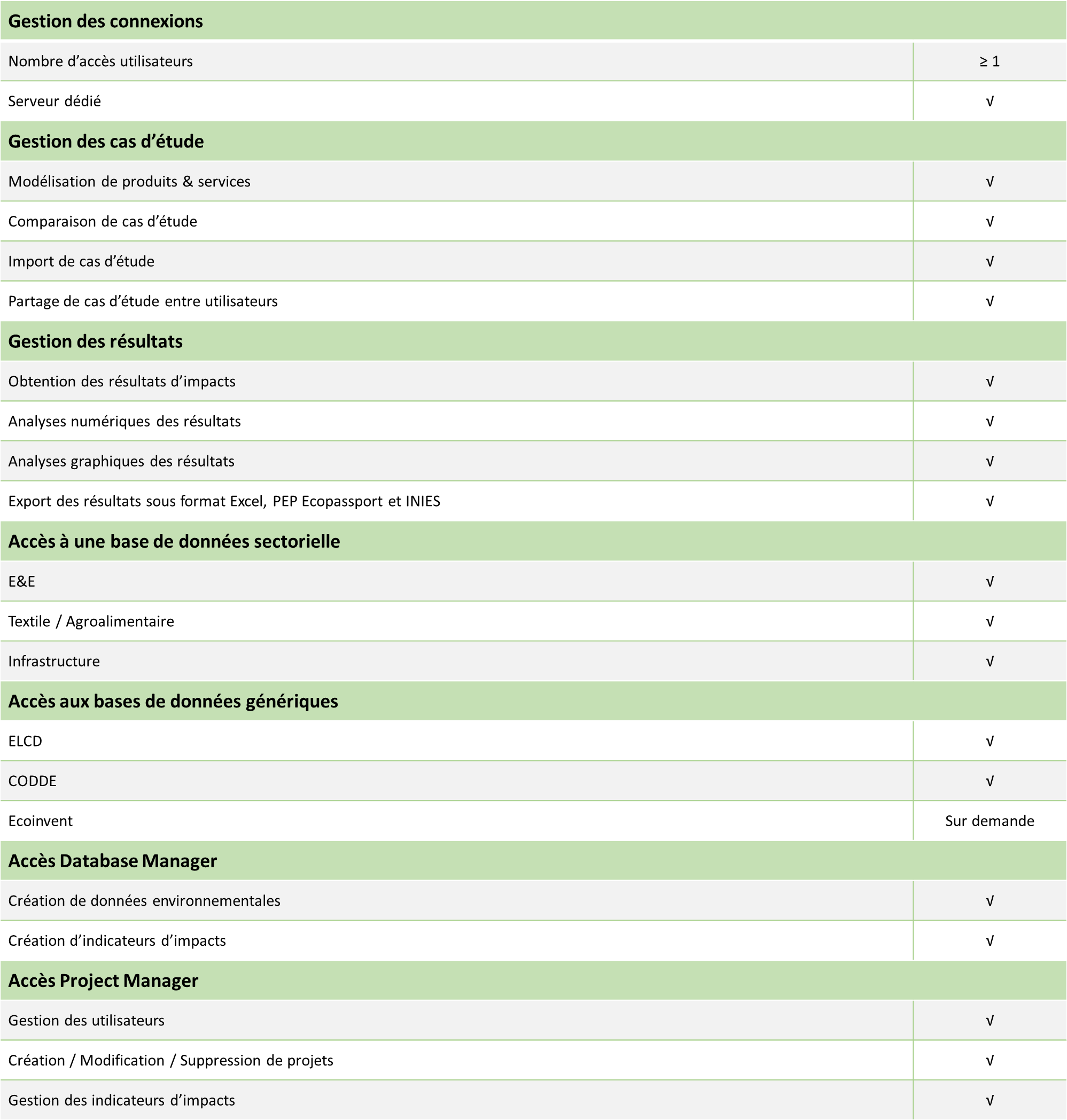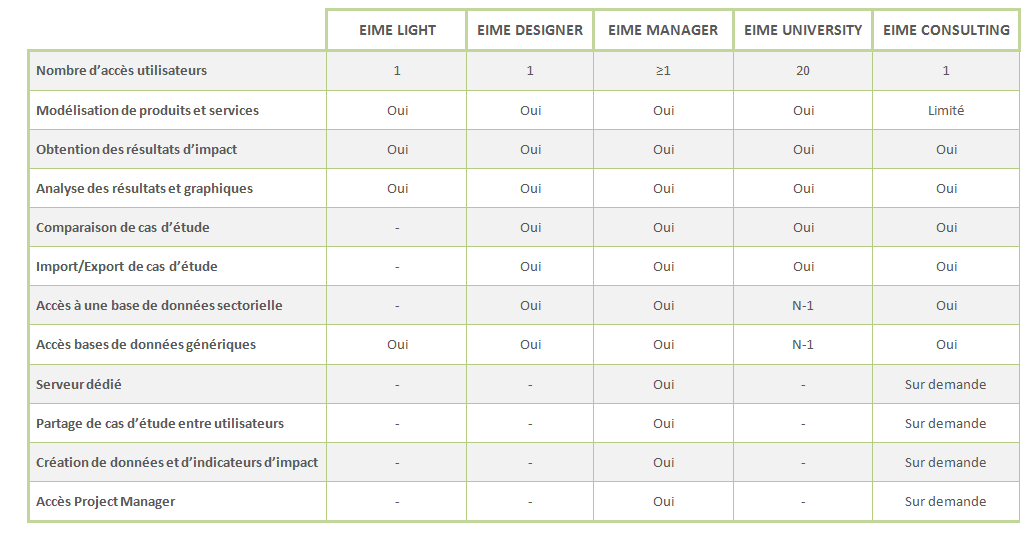NET ZERO INITIATIVE (NZI)
In a effort to provide an alternative to the simplistic claims of “carbon neutrality” and “compensation” of companies, Net Zero Initiative (NZI) offers a unique framework to frame private sector action in favor of the only carbon neutrality objective that makes sense: the the carbon neutrality at global level.
Net Zero Initiative is a project led by consulting company Carbone 4 supported by the French Agency for Ecological Transition (ADEME), the French Ministry of Ecological Transition, et 21 major companies.

THE "NZI FOR IT" PROJECT

Net Zero Initiative for IT (NZI for IT) is a project that aims to:
- Establish a high-level working group of relevant businesses, academics, institutions and experts on the topics of IT and climate mitigation
- Investigate several topics related to the general question of the role of IT in the global net zero effort, including the issue of avoided emissions, carbon removals and associated claims
- Publish the results of each work area, through the production of guidelines and tools that will help all stakeholders understand the role of IT in the global net zero goal and prevent greenwashing.
THE CODE OF CONDUCT
The NZI for IT Code of conduct extends the Net Zero bencmark initated by Carbone 4 by adapting it to the digital sector.
Companies that sign the NZI for IT Code of conduct acknowledge the relevance of its findings and use the proposed methodologies to adopt climate strategies commensurate with current environmental challegnes.
The observation:
- The digital sector accounts for 2.1% and 3.9% of global greenhouse gas emissions.
- In France, it stands out for its upward trend of +6% per year.
- The sector is exerting increasing pressure on mineral and fossil resources, water use and waste.
- These evolutions could come into competition with increased needs from the low-carbon transition.
As any other sector, digital must commit to respecting the objectives of the Paris Agreemennt. By ensuring the relevance of the uses of its products in a world in trasition. And by reducing its own emissions while contributing to the development of carbon sinks.
To respect these principles, a company should:
- Refrain from declaring hypothetical "climate" virtues of benefits associated with its products and services if it has not conducted specific studies.
- Demonstate a reasonabl level of transparency of the carbon impacts of their activites.
For products and services that have no emission reduction or avoidance potential, it is important:
- To be transparent about their impact over their entire life cycle.
- Under non circumstances to communicate that they are "green", messages that help to make invisible the pressures exerted by these solutions on mineral resources and the climate.
Companies that sign the NZI for IT CoC

THE FRAMEWORK
The Framework is divided in four parts:
- General guidelines describe the IT sector's contribution to global carbon neutrality
- Characterisation of solutions explain how IT solutions may decarbonize an activity
- General methodology details issues to adress in IT avoided emissions assessments
- Families of solutions - Toolbox details guidelines for 4 families of solutions
TO GO FURTHER
Bureau Veritas, initiator of the NegaOctet project
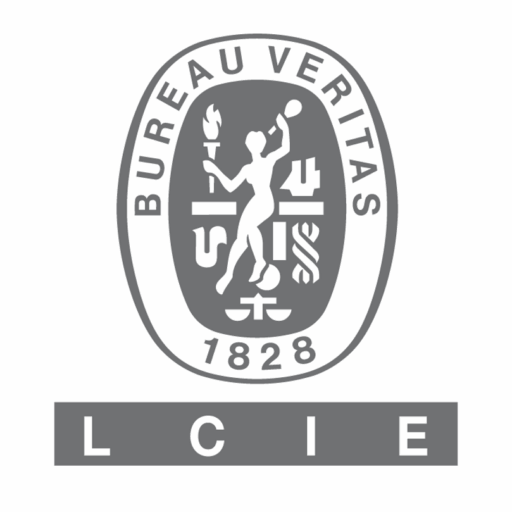




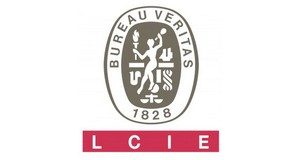

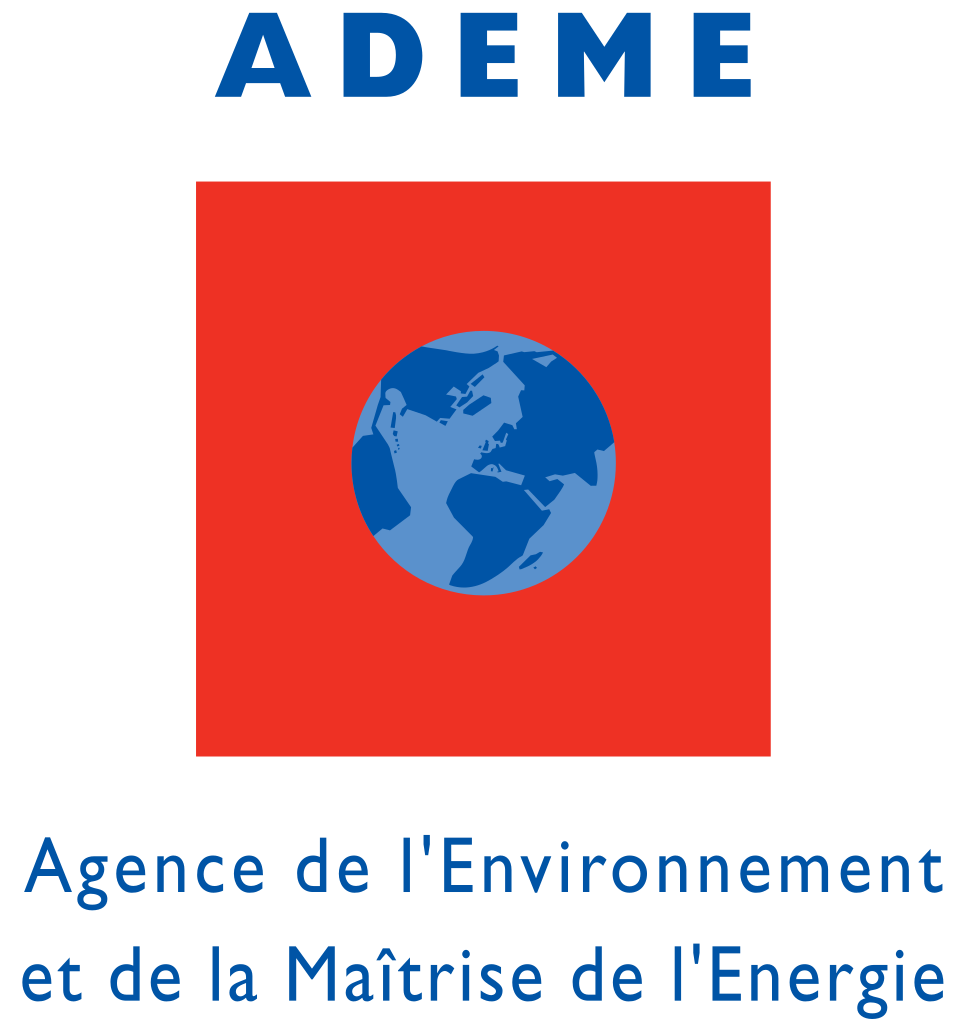

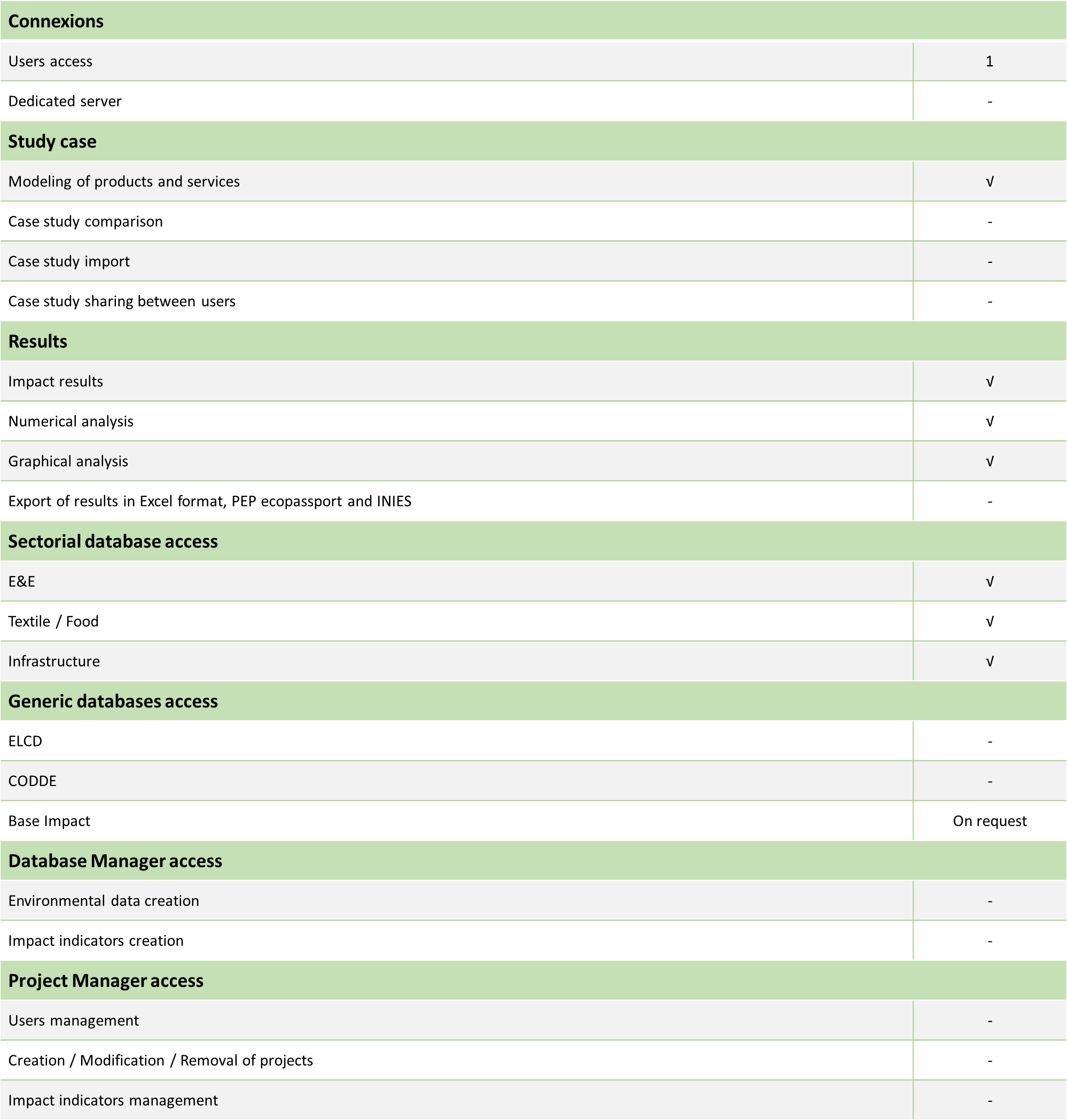
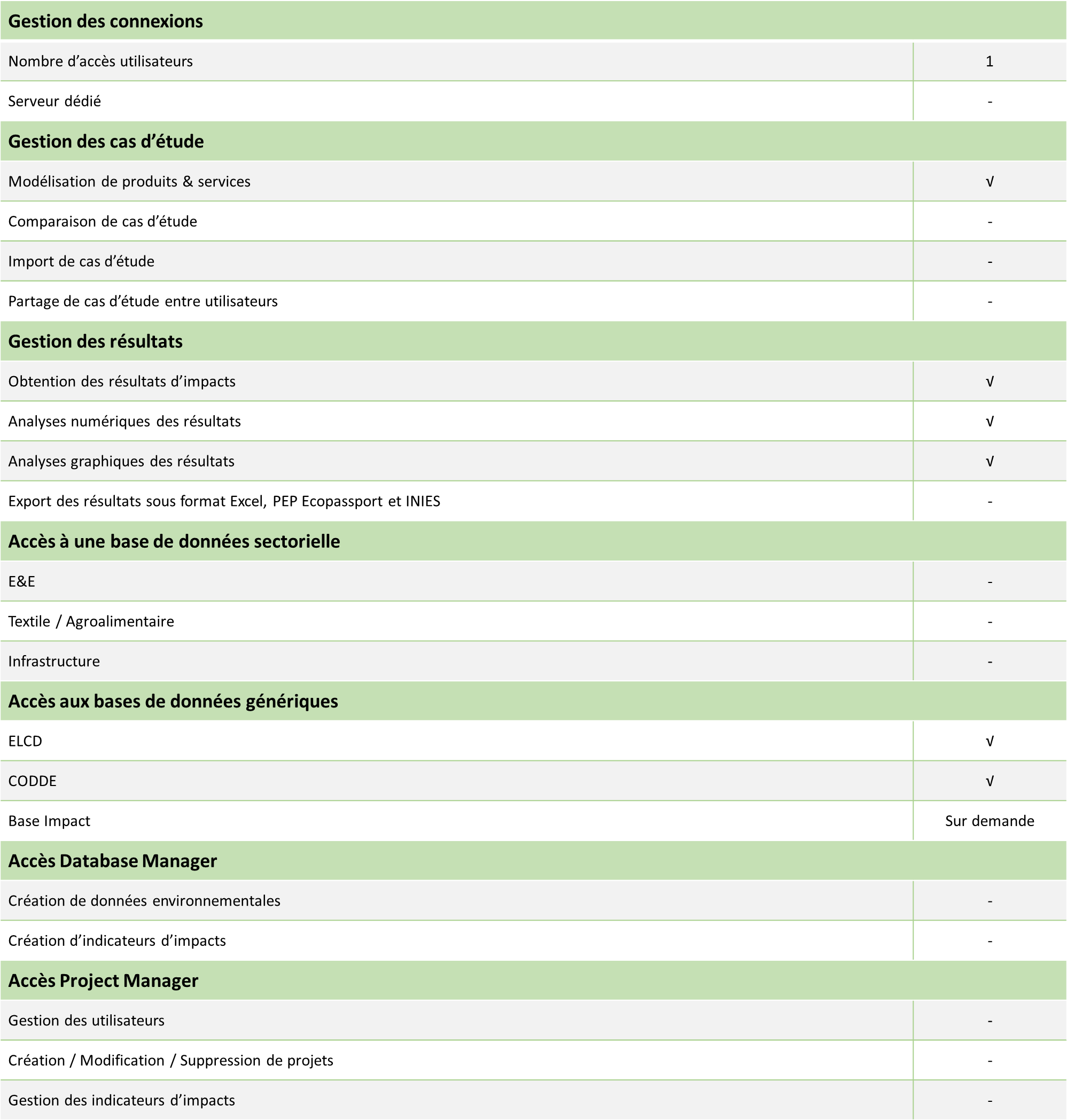
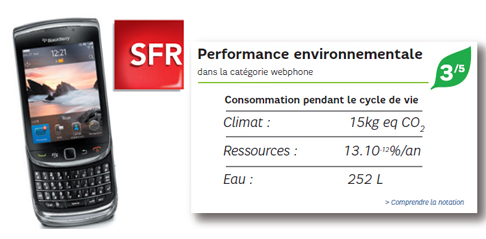 SFR/Vodafone – Affichage environnemental
SFR/Vodafone – Affichage environnemental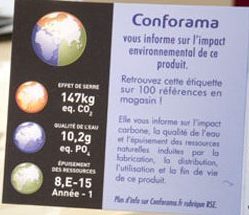 Conforama – Affichage environnemental
Conforama – Affichage environnemental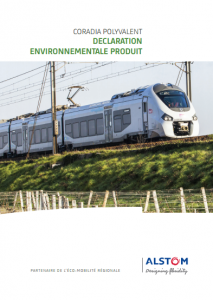 Alstom Transport – Déclarations Environnementales Produit (DEP)
Alstom Transport – Déclarations Environnementales Produit (DEP) Schneider Electric – Product Environmental Profile (PEP)
Schneider Electric – Product Environmental Profile (PEP)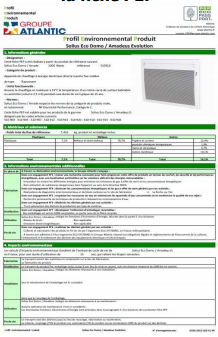 Atlantic – Product Environmental Profile (PEP)
Atlantic – Product Environmental Profile (PEP)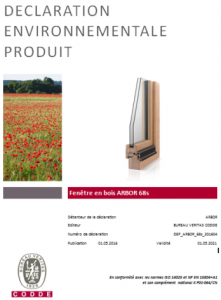 Arbor – Fiche Déclarations Environnementale et Sanitaire (FDES)
Arbor – Fiche Déclarations Environnementale et Sanitaire (FDES)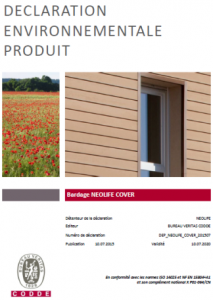 Neolife – Fiche Déclarations Environnementale et Sanitaire (FDES)
Neolife – Fiche Déclarations Environnementale et Sanitaire (FDES) Atlantic – Communication Environnementale pour le grand public
Atlantic – Communication Environnementale pour le grand public